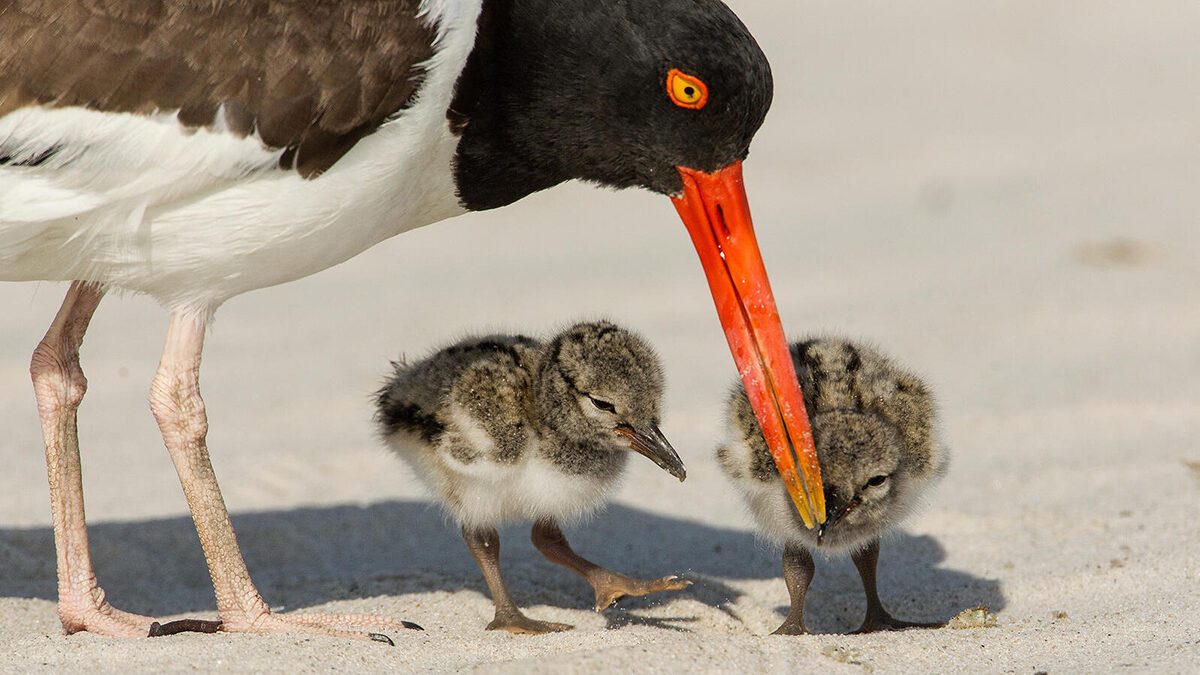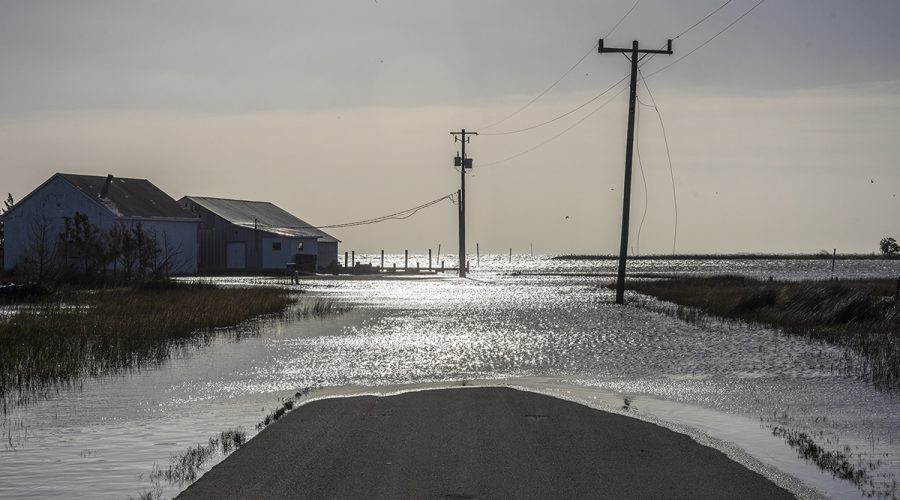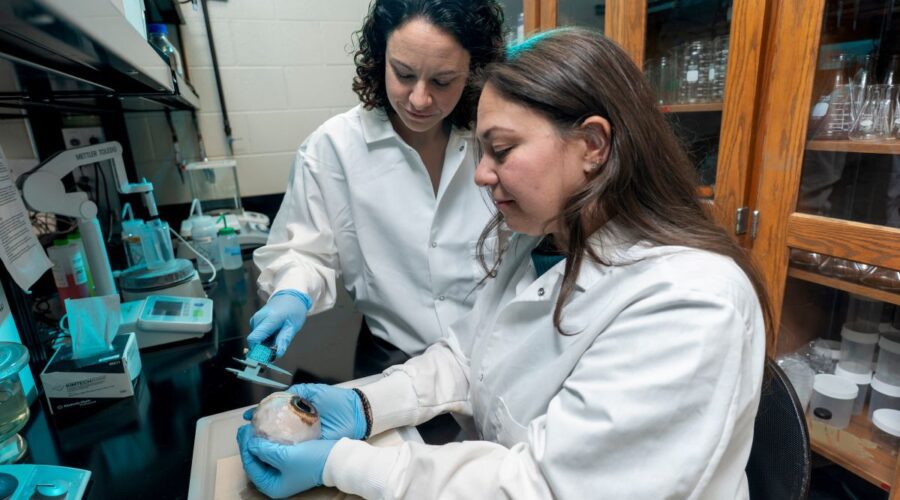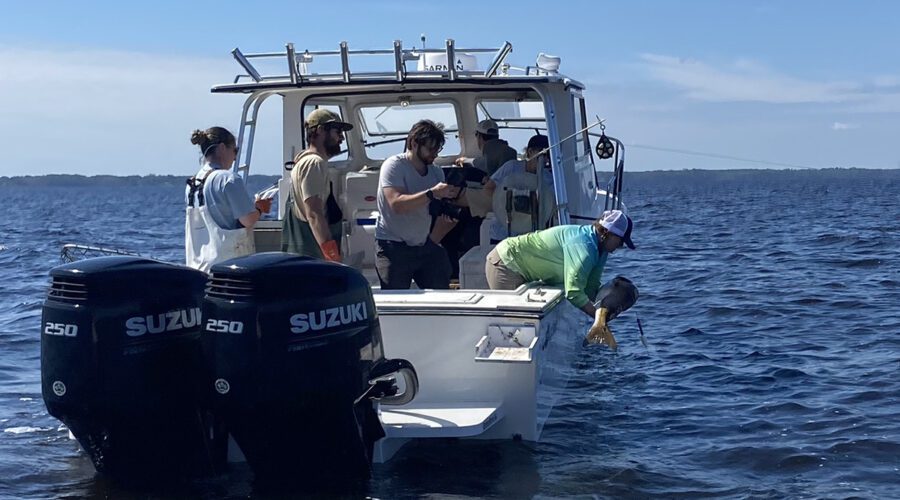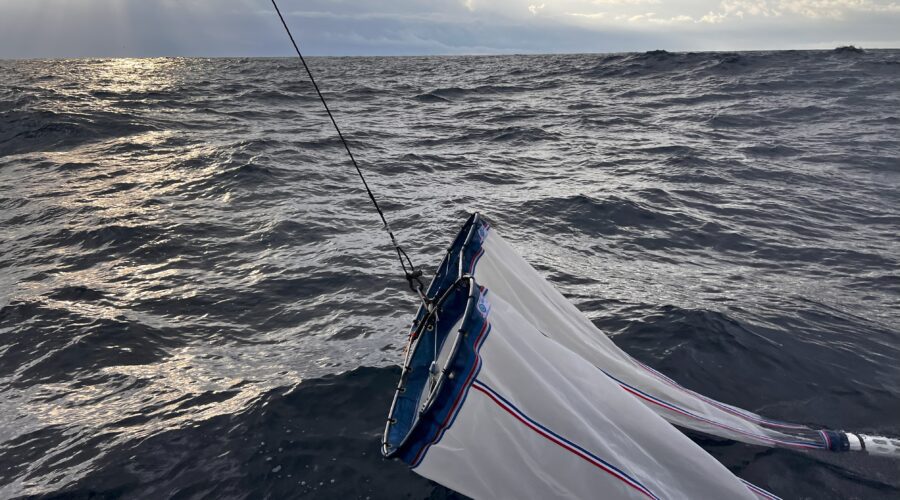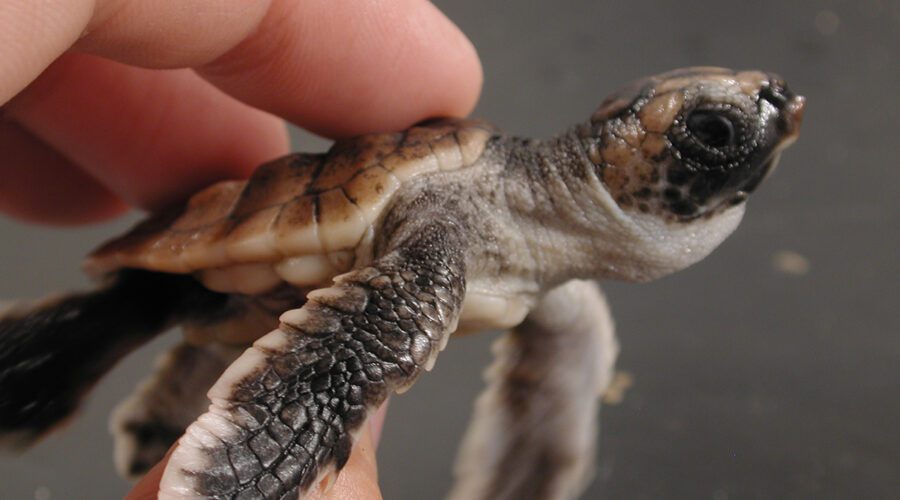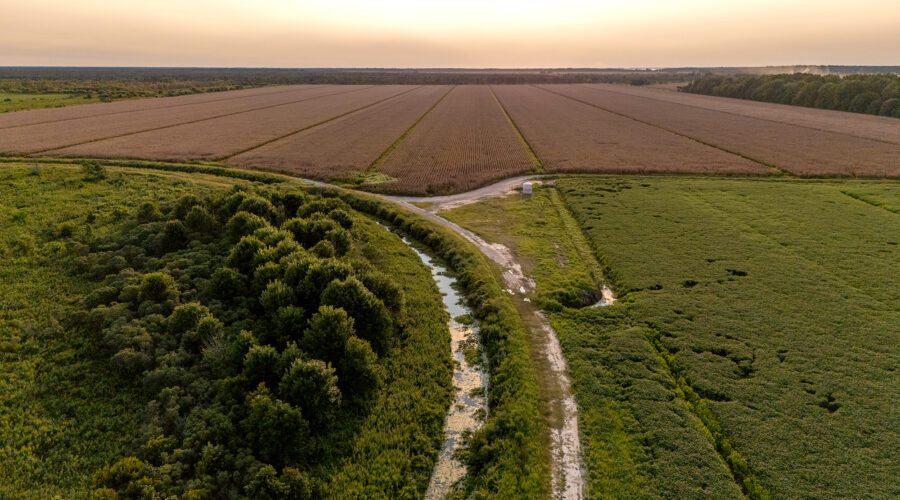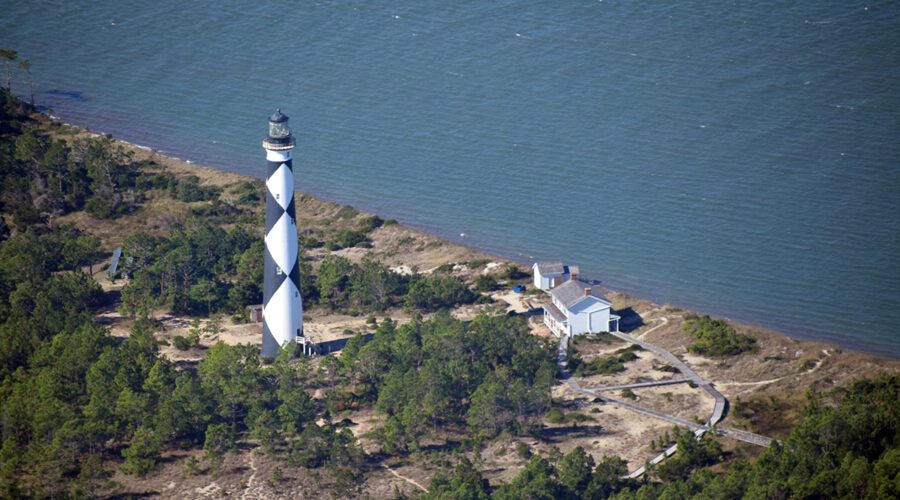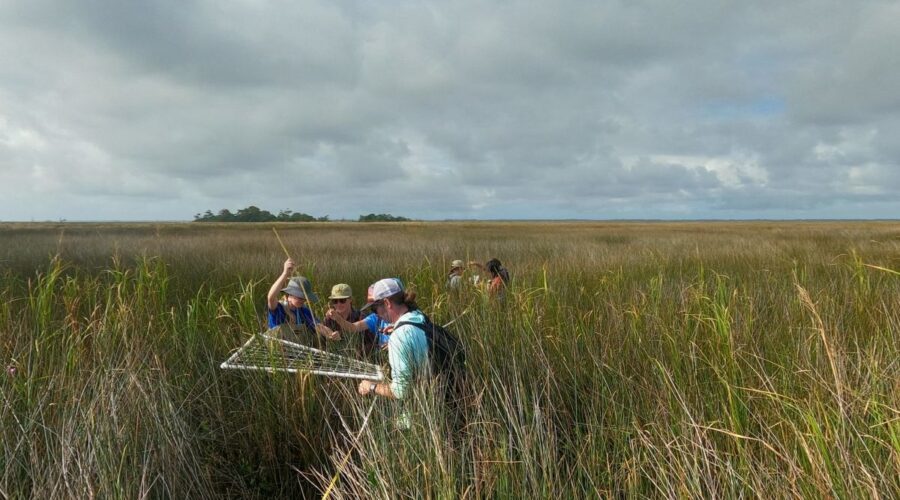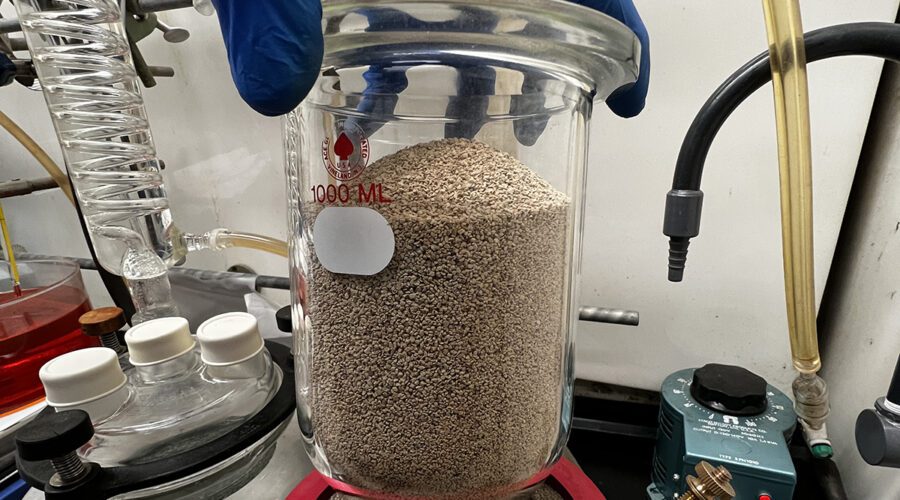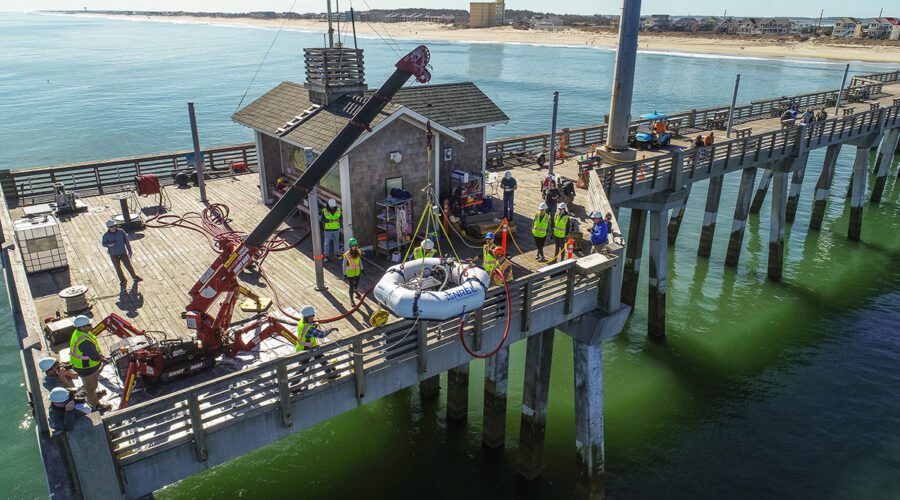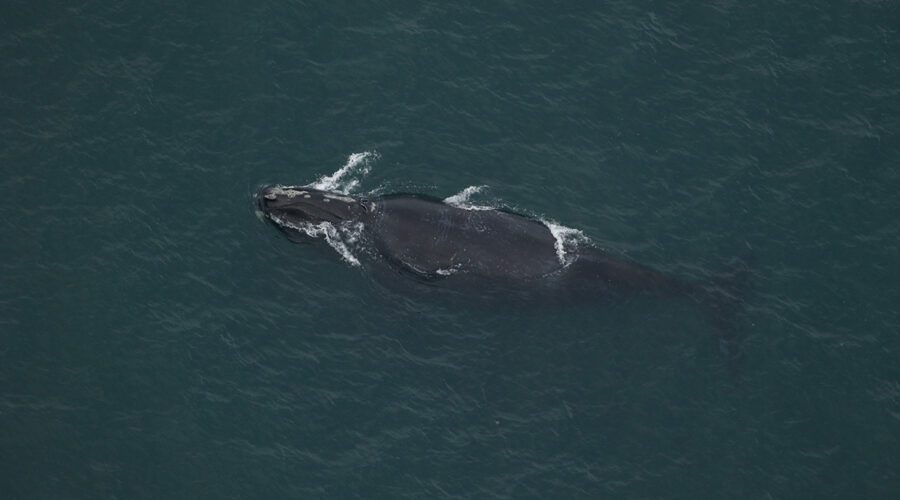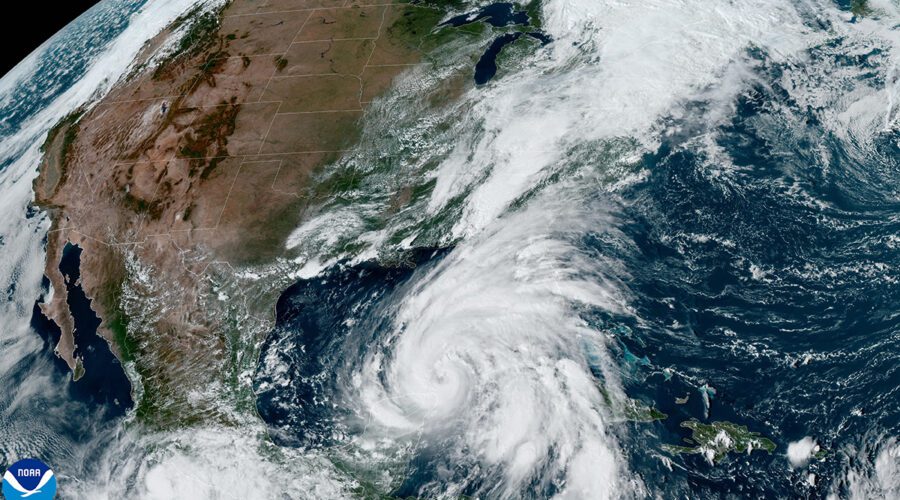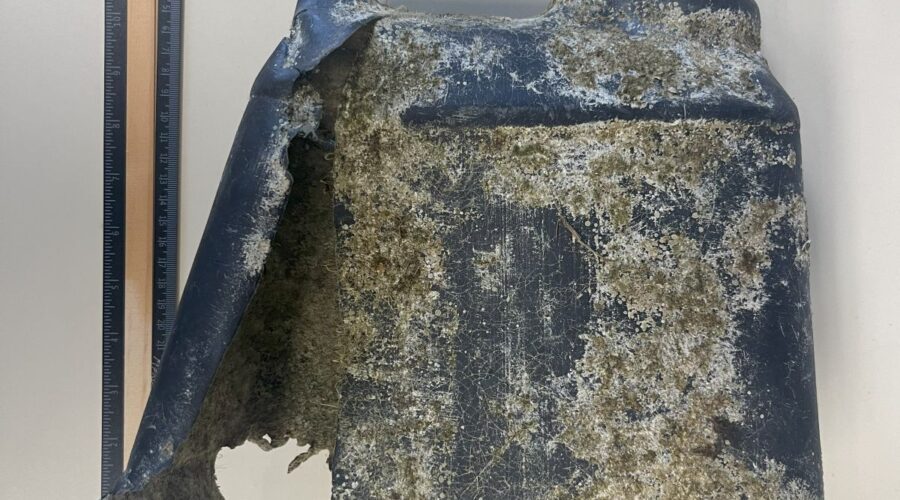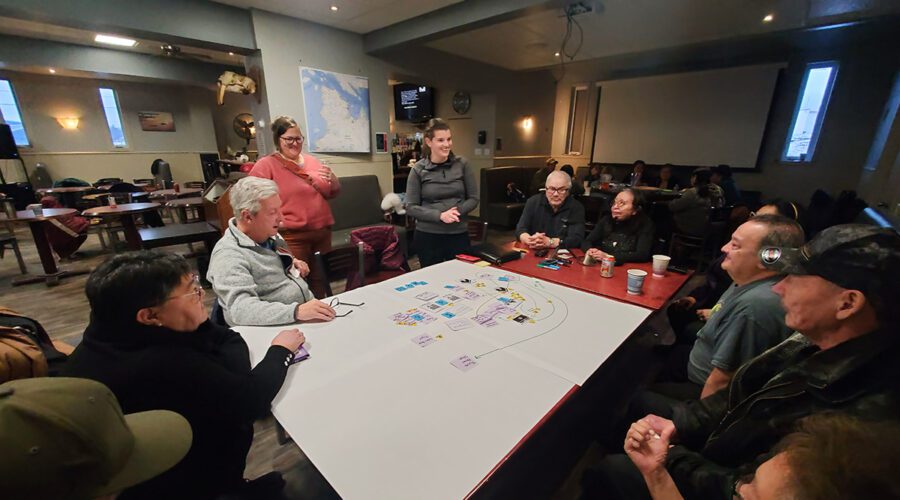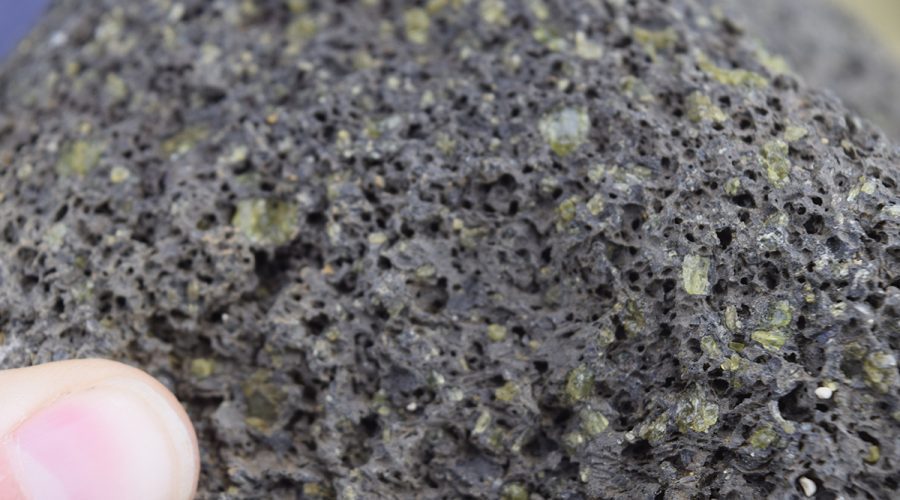Audubon’s 2025 State of the Birds Report shows East Coast species such as least terns, American oystercatchers and piping plovers are diminished in numbers with shorebirds most heavily represented among those at a perilous tipping point.
Science
Coastal areas flood more frequently than thought: Study
Coastal communities are inundated more often than previously believed, with levels taking longer to recede in rural areas, and the way government agencies gather data to predict floods fails to provide true estimates, according to a report published Monday.
Humpback eyes see silhouettes at distance, little detail: Study
By measuring a humpback whale eye specimen, University of North Carolina Wilmington and Duke University researchers found that the species has limited vision but that it suits their natural environment.
Satellite tracking study aims to unlock more red drum secrets
A project now in its second year seeks to temporarily tag and track by satellite 40 of the saltwater species so popular with recreational anglers could help fill data gaps that decades of research studies have so far left open.
Researchers embark on study of shore-to-sea habitats
The UNC system project allows researchers to study habitat changes from the mouth of the Cape Fear River to the Gulf Stream’s warm waters.
Loggerhead Boogie: Captive sea turtles will ‘dance’ for food
University of North Carolina Chapel Hill researchers have found that captive loggerheads could be conditioned to “dance” by associating certain magnetic fields with being fed food.
‘Words matter’: Accepted ‘pocosin’ definition unsupported
Duke University researcher Dr. Ryan Emanuel has found no documented evidence behind the long-used English translation of the Eastern Algonquian as a “swamp on a hill.”
Flooded barrier islands, rising mainland risks: USGS study
A new U.S. Geological Survey report finds that accelerating sea level rise and intensifying storms pose a threat to barrier islands like those of the Cape Lookout National Seashore, which the superintendent says confirms what park staff have been observing over the years.
Controlled burns boost marsh island root systems: study
UNC undergraduate students found that areas that frequently undergo controlled burning have stronger root systems than those that are never or are occasionally burned.
Chemist develops purification system that removes PFAS
UNC Charlotte professor Dr. Jordan Poler received a grant aimed at helping make his lab’s water-purification method, which cleans drinking water of toxins including per- and polyfluoroalkyl substances, available to consumers.
Researchers aim to offer Nags Head wave energy options
Could the ocean’s power be tapped as a renewable, acceptable, backup energy source for Outer Banks residents? That’s what National Science Foundation-funded research at the Coastal Studies Institute seeks to find out.
Teams take to sky to survey North Atlantic right whales
Small survey teams will again this year collect information and aerial imagery off the North Carolina and South Carolina coasts on North Atlantic right whales during calving season.
Warming oceans intensified hurricanes’ strength: Studies
Human-caused climate change has pumped up peak, pre-landfall Atlantic hurricane wind speeds by an average of 13 to 18 mph in recent years, according to the authors of two companion research papers published Wednesday.
Whales that use echolocation mistake plastic for prey: study
A Duke University doctoral candidate in a new study found that deep-diving whales that rely on sound to forage for food are mistaking plastic for prey.
Samantha Farquhar finds trust a must in fishing research
Studying the intersects of food security, industrial fisheries and climate change, the doctoral researcher has learned that no matter whether its Nepal, Madagascar, Greenland or Wanchese, building relationships is the first step.
Vesta says olivine sand carbon project at Duck yielding data
The light green sand from a Norway mine deposited nearshore earlier this year in Duck is part of a pilot project studying how the material, when activated by seawater, removes carbon from the ocean and atmosphere.

